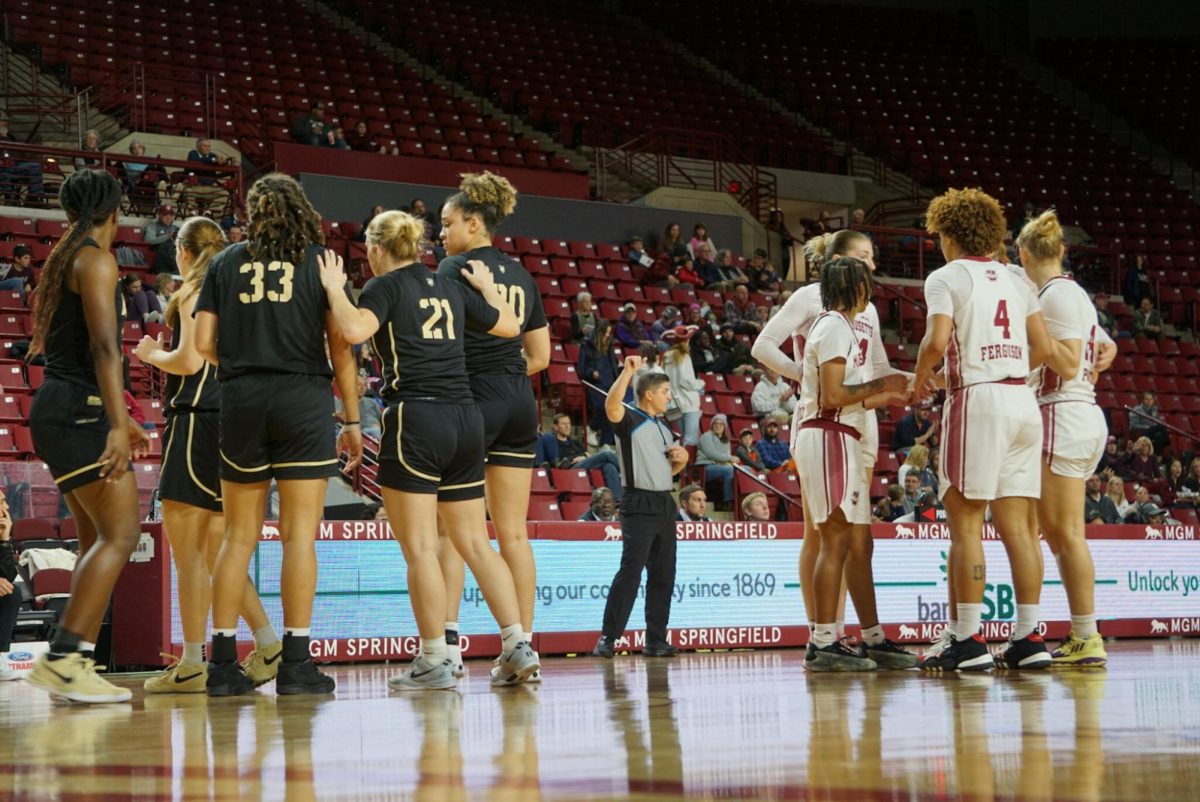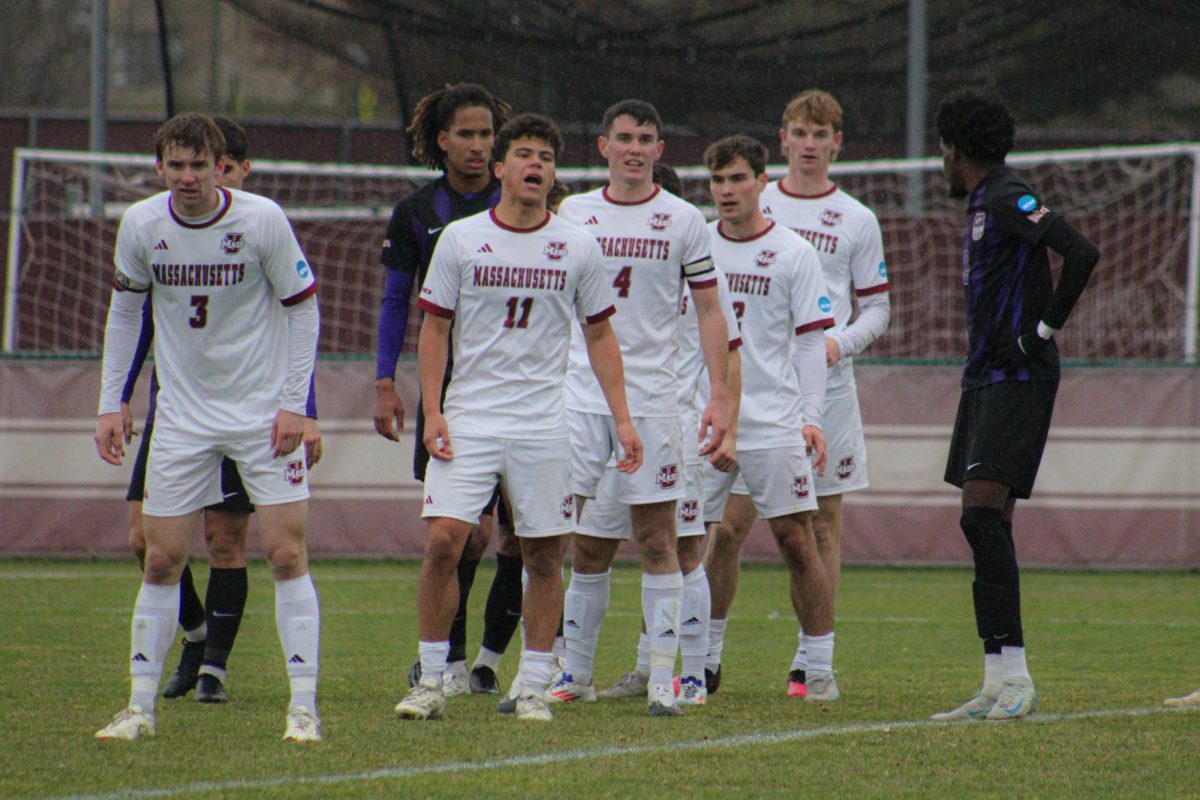
On Thursday, students at college campuses across the nation will be marching in protest against the perceived injustice of being forced to pay for a public college education. The event is being organized by Million Student March, whose primary goals are the abolition of college tuition and the liquidation of all currently-held student debt. Unsurprisingly, given its size and the generally progressive views of its student body, UMass will be among the many schools at which a march will be held.
Even disregarding the infeasibility of totally abolishing the current economic model of the U.S. higher-education system, as well as the cancellation of over one trillion dollars of debt (nearly a third of the annual federal budget) the means by which the group intends to achieve these ends remain in question. Who exactly are the protesters addressing? What alternatives do they propose? A student-run activist group by its nature has a disadvantage in credibility compared to the wealthy institutions they often seek to take on, and yet they do even further damage to themselves by failing to resolve even these most fundamental concerns.
It is difficult to polemicize against a group whose platform is so vague and underdeveloped, but it is worth noting some key issues with the primary goals listed on their web page. The first of these, tuition-free public college, has received significant media attention in recent years due in part to its advocacy by Democratic presidential candidate Bernie Sanders.
And yet how desirable is such a goal? My personal motivation for attending college is at its core a personally financial one; I believe that the long-term increase in salary a college degree will earn me is more than enough to offset the student loans I will inevitably be saddled with once I graduate. To those who feel differently, as it seems many of my fellow students do, I am left to wonder why they even chose to attend college. It would be unseemly to go to a restaurant and spend the entire meal railing about how expensive it is, and yet that is exactly the objective for these million marching students.
Further still, the value of a college degree has diminished tremendously in recent decades due in part to the sheer volume of graduates, a number which has increased yearly. Removing any trace of the financial risk associated with attending college will only steepen the continued devaluation of a bachelor’s degree, as well as enable even more students to treat their time at UMass like a four-year vacation.
I do not doubt that free tuition will be made full and responsible use of by many students who would otherwise be unable to attend for financial reasons, but I sincerely cannot imagine that this would be the rule rather than the exception.
As for the liquidation of over $1 trillion of student debt, it is strange and unfortunate that students who were certainly alive and aware during the housing-market crash of 2007 could advocate for such a plan. Ignoring the fact that such a thing would surely never happen in our lifetimes due to the immense clout of those on Wall Street who stand to lose by such a deal, the consequences of cancelling such an enormous amount of debt would without a doubt be catastrophic for the U.S. financial system.
I should note that I am made proud almost daily by the activist fervor which burns in so many of my fellow students at UMass, even if it can be somewhat misguided. The naive idealism of the Million Student March could be charming if their objectives had any possibility of fulfillment, but without a clear and rigorous program for attaining their goals it is unlikely the march on Thursday will be of any real consequence.
Stefan Golas is a Collegian correspondent and can be reached at [email protected].


















A Man of Color You Dont Represent • Nov 15, 2015 at 11:54 am
Zac clearly doesn’t know that states are required to have a balanced budget by law. So where do we cut from to fully fund Umass now that the Massachusetts Miracle, combined with all the free cash brought by it, is over? Is it from Chapter 90, Chapter 70, Masshealth, the MWRA, the MSBA, the cultural councils, or maybe even the ORI?
I bet he doesn’t even know what these are, how the budget works, or how large UMass’s budget has grown per capita due to students demands relative to how it was years ago.
KB • Nov 13, 2015 at 11:15 am
Yes!..I say change that paltry 2% private debt (1trillion) into public debt!..hey what’s another tril… meanwhile KRIS ..as I told Erika Civitarese.. Hey guess what?… you just paid for the new assistant to the assistant to the under associate of the secondary vice provost!
What I’m thinking is we sue the universities for fraud and false advertising..price gouging and profiteering…and and and …someone aughta round up the guy who created the narrative that “everyone should go to college”..and give him a wet willy..
Kris • Nov 12, 2015 at 4:16 pm
And not everyone used to go to college, and there weren’t always 50 diversity administrators making $200k at each school. Someone has to pay for it. That someone is me, who works for a living.
Zac Bears • Nov 12, 2015 at 2:15 pm
Your false comparisons show a misunderstanding of the situation.
1) $1 trillion in student debt is less than 2% of total private debt in the U.S. ($59.4 trillion), according to the St. Louis Fed. https://www.rt.com/usa/166352-us-total-debt-sixty-trillion/
2) Public higher education used to be mostly funded by the state. In Massachusetts, the state used to fund 85% of the UMass system. Now it only funds 19%, according to UMass System President Marty Meehan. http://zacbears.com/2015/07/08/marty-meehan-a-new-leader-in-public-higher-education-advocacy/
Student debt cancellation is not impossible, and nearly-free public higher education used to be a reality across this country.
David Hunt 1990 • Nov 12, 2015 at 11:10 am
Can someone please point to the forest of trees on which all this “free sh*t” is going to grow?